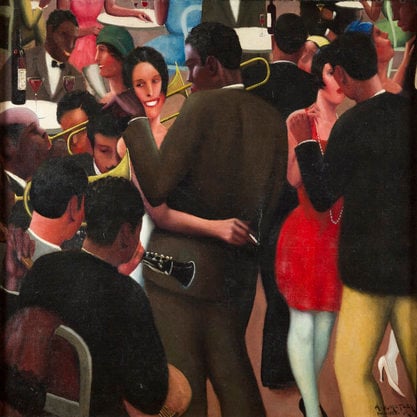Article
Pärt, Arvo (1934–) By Moody, Ivan
Article
Arvo Pärt is an Estonian composer whose music has had phenomenal success worldwide since his radical stylistic change from an overtly modernistic aesthetic to a radically simplified, post-tonal idiom. While still a student under Heino Eller, he caused a sensation in Moscow and Leningrad with the première of Nekrolog (1960), the first dodecaphonic work to be written in Estonia.
In 1962, however, Pärt received the first prize in the Competition for Young Composers held in Moscow for Meie aed (Our Garden, 1959), a tonal work, and for the oratorio Maailmaa samm (1961). Between 1958 and 1967, he worked as an engineer at Estonian Radio, afterwards working in Tallinn as a freelance composer.

